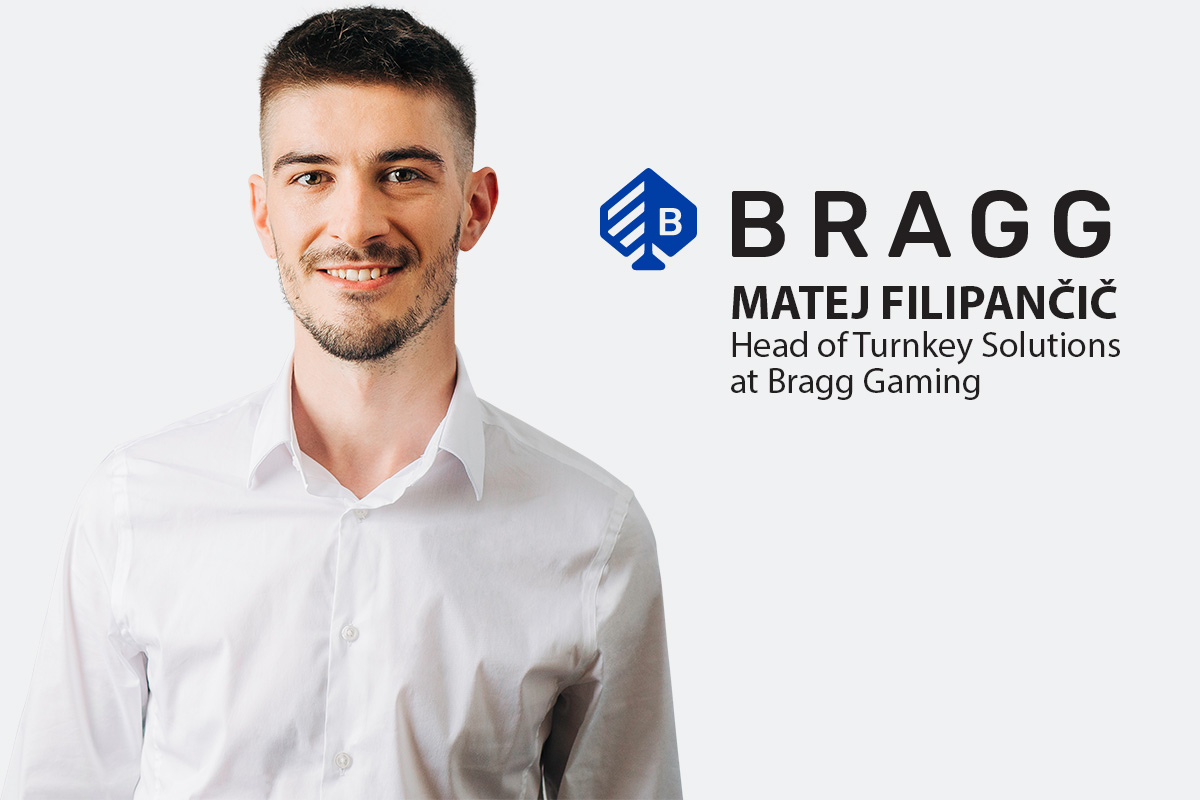Industry News
Assessing the Dutch market

It is a full year since the regulated online market opened in the Netherlands. In this round-table feature, we ask Matej Filipančič, Head of Turnkey Solutions at Bragg Gaming, for his view on how the market has performed to date and what lies around the corner.
Having opened up online gambling in October 2021, the Dutch regulator De Kansspelautoriteit (KSA) implemented a cooling-off period affecting many major operators. Has this affected the growth potential of the Dutch market?
It’s hard to say and with a year since the new legislation entered into force, it is now easier to focus on the positives and how the market has evolved in the last 12 months. First mover advantage has been crucial in the Netherlands and the initial 10 licensees have really carved out a big market share. It’s great to see that players have been channelled towards new operators rather than staying with incumbent ones as it means wider choice, exciting new products and better promotions through various acquisition channels. Consequently, this should attract more players, leading to healthy market growth. We think the Dutch lawmakers and regulators have done a great job with the new legislation benefiting both operators and players and we have great expectations for the potential in the country.
Will restrictions on advertising make it difficult for new entrants to the market to gain market share? If so, what part can suppliers play in attracting and retaining Dutch players?
It is very important to distinguish between online operators and those with a land-based presence here as there will be a relative advantage for the latter who will still be able to use some methods of advertising to retain players. All operators will need to be innovative and creative in coming up with ways to reach customers while also making sure their campaigns are fully compliant. For newcomers, it will become more difficult to gain a player base compared with those that were present at the time of market opening. The new restrictions are not at all in favour of newly licensed operators in that sense, but suppliers can make a big difference here. At ORYX, we offer a wide range of retention tools, which became even more important to operators after the marketing ban announcement. The new licensees on our platform have already come up with very exciting and successful strategies on how to utilise our state-of-the-art Fuze™ player engagement platform and other products to stay ahead of the competition.
What appetite have you seen among Dutch players for content types that are popular in other regulated European markets? Are they out-performing classic games that originate from the Dutch land-based heritage?
We have seen that top-performing content from world-leading providers such as Evolution, GAMOMAT and Pragmatic Play has outperformed the rest of the competition. This includes localised traditional studios like Greentube, Edict (Merkur) and Stakelogic, who still remain very popular with players. The result is a relatively healthy mix between the traditional games which have been present in the land-based machines for decades in the Netherlands and internationally recognised brands which perform well in all markets. Live casino has also been very strong and seems to have a great appeal to Dutch players.
What are your hopes for the Dutch market across the next 12 months?
Hopefully the restrictions will be applied equally on all operator websites, including the state-owned companies that were already in the market before the new regulation entered into force. There is of course potential for growth for all licensees, old or new, but it is crucial for recent entrants to be innovative to acquire and retain players. ORYX was the first external platform to launch in the Dutch market and we hope to maintain the position as a leading supplier there with the help of the exceptional track record of our operator partners.
We hope our platform partners can make use of all our tools to continue to grow and operate successfully in the Netherlands, gaining market share while making sure they are fully compliant and continue to excel in terms of Responsible Gaming and player protection. We are also in a great position to offer our proprietary products to new clients in the market and can guarantee a safe and exciting experience for the players, along with a profitable business for our partners.
-

 Africa5 days ago
Africa5 days agoNew Governing Board of the Gaming Commission of Ghana Sworn in
-

 Africa6 days ago
Africa6 days agoBetKing Delivers Healthcare Services and Nutrition Support to Underserved Nigerian Communities
-

 Asia6 days ago
Asia6 days agoQTech Games strengthens its elite suite with Bigpot Gaming
-

 Industry News7 days ago
Industry News7 days agoREGISTRATION NOW OPEN FOR GLOBAL GAMING EXPO 2025
-

 Asia5 days ago
Asia5 days agoMacau Government Extends Lottery Concession of Macau Slot Until 5 June 2026
-

 Latest News5 days ago
Latest News5 days agoWeek 26/2025 slot games releases
-

 Latest News6 days ago
Latest News6 days agoDATA.BET Launches Bet Builder for Sports Betting
-

 Africa5 days ago
Africa5 days agoQTech Games hires Ekaterina Mayorova as sales lead for Africa & Eastern Europe


































